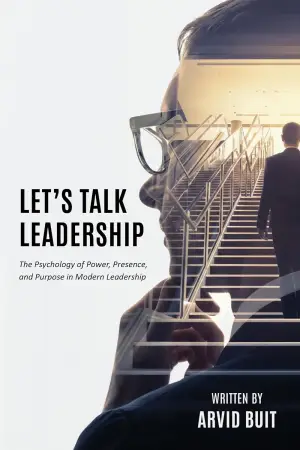As an avid reader who thrives on understanding human emotions and experiences, I was immediately drawn to Brené Brown’s Atlas of the Heart. Known for her insightful and empathetic approach to vulnerability and connection, I was excited to explore this latest framework she has created to map out emotions. The promise of a journey through 87 emotions that define our humanity was enticing and spoke to my interests in personal growth and emotional intelligence.
The book did not disappoint; it is a beautifully designed atlas that serves as both a resource and a guide. I found myself captivated by the way Brené communicates the need for us to have the right language to decipher our emotions. She argues, as she states in the book, “If we want to find the way back to ourselves and one another, we need language and the grounded confidence to both tell our stories and be stewards of the stories that we hear.” This perspective resonated deeply with me, as I have often struggled to articulate my feelings. It felt refreshing to find someone who advocates for the importance of emotional vocabulary in fostering connections.
What struck me most were the surprising definitions that Brown provides. For instance, exploring shame as the birthplace of perfectionism left me with a profound insight into the motivations behind some behaviors I’d seen in myself and others. Additionally, her delineation of differentiating complex emotions helped me understand how intertwined they can be, allowing for a more nuanced self-assessment. Brown asserts that with understanding comes the power of choice, a sentiment echoed in the reviews I’ve encountered—Cody Allen referred to this as “The Encyclopedia of Emotions,” suggesting it’s invaluable for both personal growth and connecting with others.
However, the book isn’t without its slight drawbacks. Some readers, like Steven Collier, noted that while the content was incredible, the packaging could improve; I too found myself wishing the physical edition came with a little more care. Moreover, while I appreciated the great depth the book covered, there were subjective pacing issues; some parts felt heavy, and I could see how others might find that discouraging. Yet, for me, this weightiness was part of what made the experience profound.
Brown invites us into a territory where we explore our most authentic selves—a theme echoed by other readers who found the experience enlightening and life-changing. A reviewer mentioned how the book equipped her with the tools necessary to navigate conversations about emotions with her child, something I too believe extends beyond the individual and reaches into our social interactions.
Overall, Atlas of the Heart exceeded my expectations. I found it both engaging and educational, offering a treasure trove of knowledge that I know I will return to time and again. Brené Brown’s ability to intertwine research with accessible storytelling creates a relatable experience that genuinely feels like an invitation to embark on an emotional adventure.
In conclusion, I wholeheartedly recommend Atlas of the Heart to anyone looking to enrich their understanding of themselves and others. It’s not merely about reading; it’s about exploring, reflecting, and ultimately connecting. Whether you’re already a fan of Brown’s work or are new to it, this book is an essential guide for anyone eager to deepen their emotional awareness. It’s a compelling testament to the beauty and complexity of the human experience.
Explore the depths of human emotion and connection with “Atlas of the Heart.” >>








